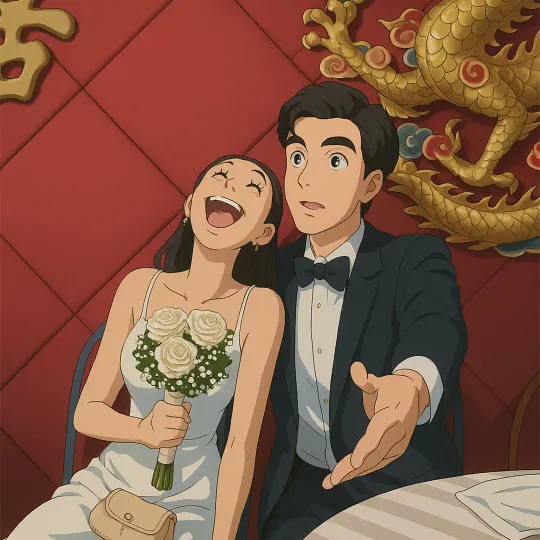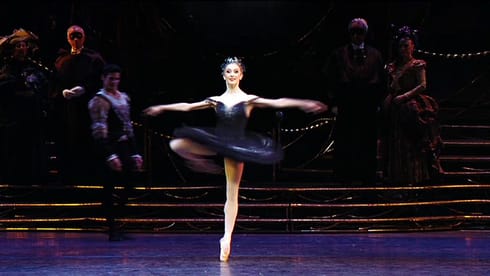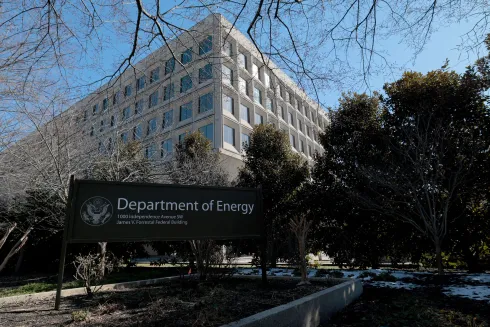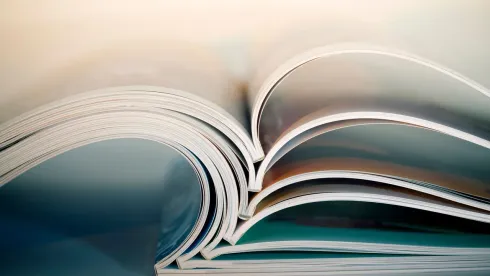
Studio Ghibli’s Fight for Artistic Integrity: Miyazaki Speaks Out Against AI
By Keily Gupta
When thinking about films that stand out for their storytelling and art, films such as Howl’s Moving Castle and Spirited Away are often the first to come to mind. Studio Ghibli is a famous Japanese animation studio that was created on June 15, 1985, and is known for their hand-drawn animations. Hayao Miyazaki and Isao Takahata are directors of Studio Ghibli, with the producer being Toshio Suzuki. Miyazaki and Takahata already had long careers in film and had worked together before. Some other near-universally recognizable films from the studio are My Neighbor Totoro, Princess Mononoke, Kiki’s Delivery Service and more. Hayao Miyazaki, founder of Studio Ghibli, was born in 1941 and is currently 84 years old. He is an animator, filmmaker, and manga artist; moreover, he is widely known for his storytelling. In the past few years, Artificial Intelligence (AI) has made a huge impact on modern society and is currently sparking a large amount of controversy among artists, highlighting ethical concerns. Recently, social media trends have led to users using AI to recreate images in the “Studio Ghibli style,” generating landscapes and scenes attempting to resemble the hand-drawn imagery and lushly organic color palettes of Studio Ghibli films. Miyazaki had spent his entire life building one of the most expansive and imaginative bodies of work, to use AI as a shortcut to replicate something so human completely disrespects the dedication and passion behind each frame. AI has been negatively impacting society as it blatantly disregards the work ethic and passion of artists while financially hurting the art and production industry directly.
Studio Ghibli’s art is unique because every frame is hand-drawn and then put together to create films. They depict detailed and expressive characters, as well as draw beautiful scenery and views. The art also focuses on nature and magical realism, creating art that invokes a lot of emotion. A new version of ChatGPT allows people to take photos, both personal and off the internet, and turn them into the Studio Ghibli style of Miyazaki. Miyazaki has since stated that he “would never wish to incorporate this technology into my work at all. I strongly feel that this is an insult to life itself.” When he was shown a concept animation of a zombie for a video game that developers are trying to create, he heard the developer praise AI for creating scenes that humans are not able to think of by themselves. Miyazaki harshly criticized the developers for finding such scenes interesting, stating how “whoever creates this stuff has no idea what pain is whatsoever. I am utterly disgusted.”
Though AI can be used positively, such as helping to fix grammar or explaining a simple problem, it morphs into an unethical practice when it is merged with art. In response to the backlash, OpenAI took a step back from the Studio Ghibli image generations. On April 2, OpenAI started restricting Studio Ghibli requests and limited the number of image generations per day for users using the free version. The company avoids a large copyright lawsuit for its “fair use,” as it rides the line of what is legal.
In the meantime, Miyazaki remains steadfast in his opinions against using AI to create art. “I feel like we are nearing the end of times. We humans are losing faith in ourselves.”



